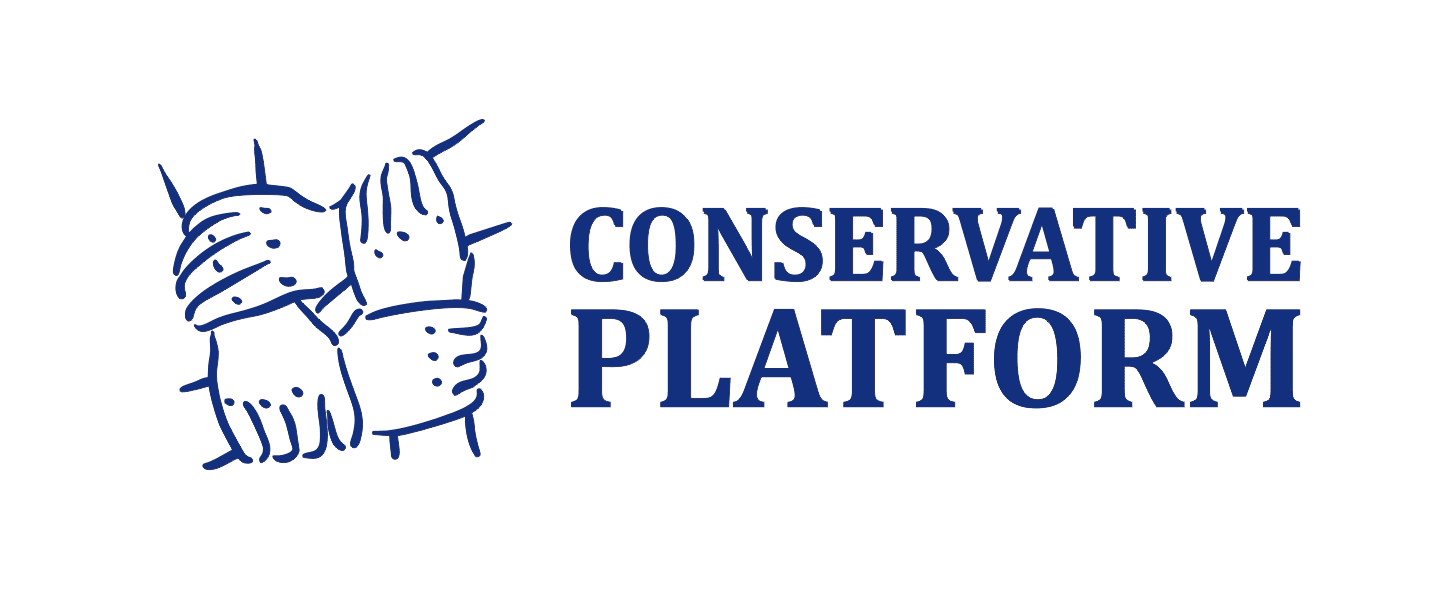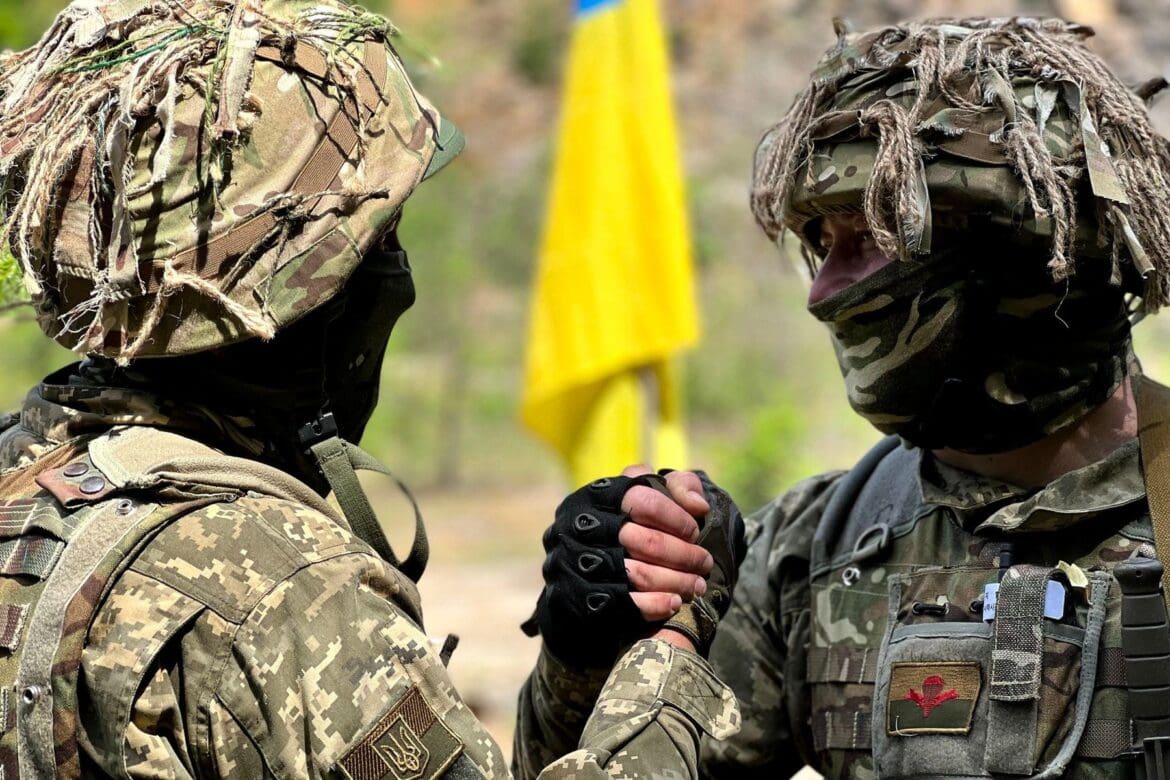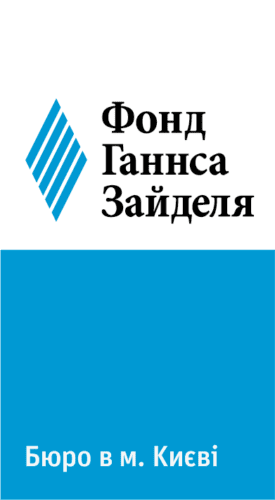For centuries, Ukraine did not have its own state to protect the interests of the Ukrainian nation. Different occupation regimes had different effects on Ukrainians. The last most negative occupation regime in terms of its results was the Russian-Soviet one, which had a very painful impact on the state of Ukrainians.
Several famines that exterminated millions of Ukrainians primarily on ethnic grounds, as well as the social destruction of the intelligentsia, scholars, political and public figures, the class of owners, priests and clergy in general, and their Russification, left a terrible mark on the gene pool of Ukrainians, the state of their language, culture, elite, etc. The denationalization of Ukrainians, their transformation into officially “Soviet” but de facto Russian people, is still evident today. The struggle against traditional spirituality, customs, religion, and churches has severed the connection between generations, created a situation of emptiness and isolation of people from the national and spiritual context. People were deprived of moral guidelines; instead of relying on traditional Christian moral values, including the Bible and the Catechism, they were forced to switch to the so-called moral code of the builder of communism, which in reality was based on fear of the power of repressive communist authorities. The Ukrainian ceased to be an owner. The class of owners, even the smallest ones, was killed by Soviet collectivization.
Fascism scholar Zhelia Zhelev argued that communism became a much more dangerous and sophisticated form of totalitarianism and human oppression, taking away not only political rights and freedoms, as fascism did, but also economic ones, destroying any manifestation of private property in the USSR and turning people into absolutely dependent on the will of communist leaders. Such leaders were free to dispose of the fates of millions, which they did with success, organizing mass famines in different parts of the USSR among those peoples who, in their opinion, were not loyal enough or could pose a potential threat.
The revival of the idea of private property and the transformation of Ukrainians into a nation of owners is one of the main tasks of Christian democracy. This can be achieved in many different ways, but the main one is to form the consciousness of a host and owner. For centuries, Ukrainians were nobodies on their land, they had no rights, and their property was taken away from them. They were brought up to have a negative social attitude, a sense of the public and civic sphere as not their own. Today, we need to radically change people’s minds, starting with the idea that all public space should be taken care of and put in order, and that it is the duty of every Ukrainian to maintain order and proper standards even near apartment buildings, on playgrounds, adjacent territories, etc. This is how a sense of ownership, both private and public, should be formed¸ an understanding that this is all ours and we are responsible for its condition. The next step is to teach the younger generation of Ukrainians the basics of entrepreneurship. Entrepreneurship, the need for self-reliance, the idea that I can earn honestly in my country rather than being an employee of the state – these are new tasks that can eventually revive the Ukrainian traditions of self-employment, family business, business as a service to the community and the people, which will eventually contribute to the formation of Ukrainians as a nation of owners.
Another issue is overcoming the idea of Russian-Soviet unfreedom. Ukrainians were forbidden to think, speak, and finally be Ukrainians and free people. Their churches were destroyed, and instead their own version of the Orthodox state-run church, the Russian Orthodox Church, was introduced (in Ukraine today it is called the Ukrainian Orthodox Church), where priests were KGB officers who reported on the confessions of the faithful, their activities, and carried out propaganda and organizational orders of the communist authorities.
Today, Ukraine is going through a difficult stage of decommunization. So far, it has begun with changing the communist names left by the occupation authorities. However, this is still a small part of what actually needs to be done for a true spiritual and national revival. In addition to rejecting the Church of the occupier, its spiritual practices of “state-owned Chekist Orthodoxy,” based on an almost complete focus on ritual paid services and merger with the authorities, in the case of Ukraine – with the Russian authorities, Ukraine must regain its traditional Orthodoxy and the spirituality of various Christian traditions that have long been represented in Ukraine.
The first steps have already been taken: Ukraine is developing its own local Orthodox Church, recognized by the world Orthodox center, the Patriarchate of Constantinople. However, we are still far from being able to call ourselves free from the “Chekist” filth of devaluing spirituality. So far, the voice and importance of various Ukrainian churches is rather weak. There is still a prevailing opinion among them that they should not be involved in social and political affairs, and that they should not even influence certain threatening social and political processes with their spiritual position. Today, churches are still not sufficiently engaged in various social causes, such as education, assistance to the disadvantaged, assistance to the disabled, homeless, assistance to pregnant women facing the threat of abortion, assistance to refugees, education of children and youth, etc. Churches rarely engage in dialogue with the authorities, public and political figures regarding their adherence to the Christian principles of justice, honesty and mercy.
Author: Yuriy Mindyuk




